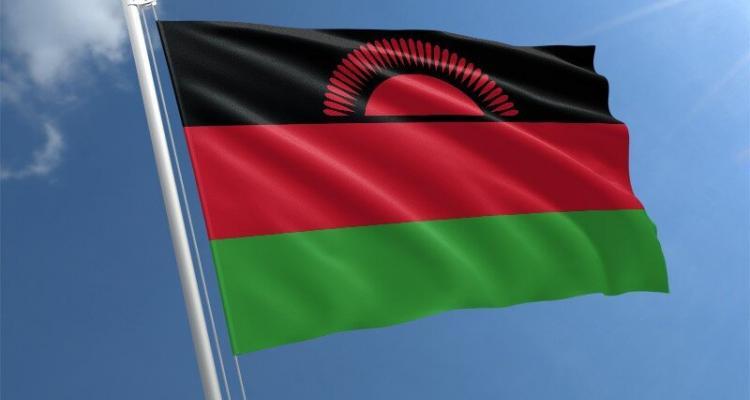
Malawi has vast potential for development, but its progress remains heavily dependent on the political will of its leaders. While economic policies, infrastructure, education, and foreign investment are vital, the primary driver of national development is the commitment of those in power to make bold decisions and implement sustainable policies.
The Challenge of Leadership and Accountability
One of the greatest barriers to Malawi’s progress is inconsistent leadership and a lack of accountability. Over the years, political leaders have prioritized personal interests and short-term political gains over long-term national development.
Corruption and mismanagement of resources have eroded trust in government institutions, slowed economic growth, and discouraged both local and foreign investment. Policies that could drive industrialization and self-reliance have either been poorly implemented or abandoned altogether.
The Need for Genuine Political Will
For Malawi to move forward, its leaders must exhibit genuine political will by prioritizing economic reforms, improving governance, and fighting corruption.
Political will entails making difficult but necessary decisions, such as reducing government waste, investing in sectors that generate employment, and ensuring transparency in the use of public funds.
Leaders must commit to creating a conducive environment for businesses to thrive, which includes streamlining bureaucratic processes and reducing corruption.
Lessons from Other Nations
Malawi can learn from countries that have successfully overcome similar challenges through strong leadership and well-defined policies. For example, Rwanda has made remarkable progress due to its commitment to good governance, infrastructure development, and industrial growth.
Similarly, Botswana’s prudent management of its natural resources has led to sustained economic stability and growth. More recently, Burkina Faso has focused on strategic investments in mining and agriculture, demonstrating that a clear vision and commitment can drive a nation’s economic transformation.
Moving Forward
Malawi’s development cannot be solely dependent on external factors such as foreign aid or natural resources. Instead, it hinges on the determination of its leaders to implement policies that serve national interests.
Leaders must embrace a culture of accountability and long-term planning rather than engaging in policies designed for political expediency. Without political will, even the best strategies will remain unfulfilled, and Malawi’s potential will continue to be wasted.
Conclusion
The future of Malawi lies in the hands of its leaders and their willingness to act decisively for the good of the nation. Political will is not just a phrase; it is the driving force behind real and lasting development.
If Malawi’s leaders commit to transparent governance, sustainable economic policies, and a corruption-free administration, the country can achieve remarkable progress and uplift the lives of its citizens.














